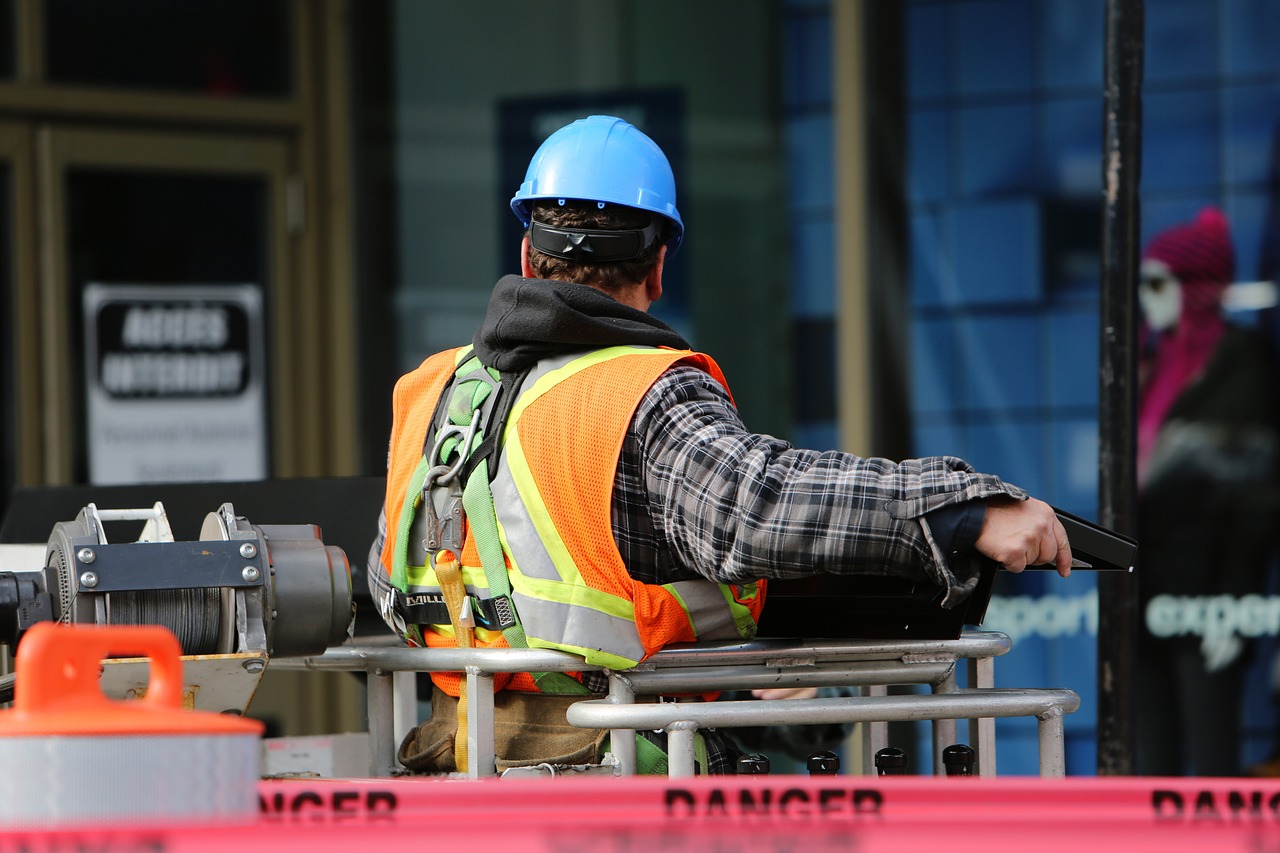To control the growing number of illegal immigrants entering the land borders of the United States, on January 5, 2023, the Department of Homeland Security (DHS) announced a new humanitarian parole program.
Parole is a Department of Homeland Security discretionary program administered by USCIS. It is an exception granted to enter and temporarily remain in the United States for some people despite their inadmissibility.
This new program covers 30,000 Cuban, Haitian, Venezuelan, Nicaraguan, and Ukrainian migrants each month to access and reside temporarily in American territory. It is valid for up to 2 years without needing a visa.
Requirements for humanitarian parole in the United States
- Citizenship: You must be a citizen of Cuba, Haiti, Venezuela, Nicaragua, or Ukraine.
- Passport: You must have a valid passport.
- First-degree relatives: You may apply for humanitarian parole with your first-degree relatives (spouse or unmarried children under 21).
- Travel: You must pay for your travel to the United States on a commercial airline.
- Public health and national security: You must comply with all public health and national security requirements.
- Sponsor: You must have a sponsor in the United States who meets the eligibility criteria. A sponsor can be any U.S. citizen, lawful permanent resident, or person with Temporary Protected Status, asylum, or some special temporary visa.

The inadmissibility criteria are:
- If you are a Cuban, Haitian, Venezuelan, Nicaraguan, or Ukrainian citizen who is a permanent resident in another country, has dual nationality, or has refugee status in another country, you are not eligible for this program.
- It is also important to note that unaccompanied children (under 18 years old) are also not eligible.
- Lastly, individuals ordered removed from the United States in the previous five years are inadmissible.
What Legal Status Does the 2023 Humanitarian Parole Grant Provide?
Unlike immigrant visas, parole recipients do not enter the United States with Lawful Permanent Resident (LPR) status. However, they do receive a temporary residence permit, allowing them to live and work in the United States for two years.
Upon arrival at the port of entry, the Customs and Border Protection Office (CBP) inspects whether the applicant is eligible to receive a temporary residence permit. CBP approval for parole is based primarily on national security and public health criteria. If approved, the parole will be granted.
During their two-year probationary period, parole recipients must not return to their country of origin. Also, can not violate any current laws of the country. Otherwise, they will lose their parole permission. However, they will be able to work legally in the United States and travel freely within the country.

Benefits of Humanitarian Parole in the United States
Humanitarian parole offers the possibility of applying for a work permit and a Social Security number immediately after the parole is granted. This allows beneficiaries to access health insurance, create bank accounts, and work legally in the United States.
To apply for a work permit, you must process with the United States Citizenship and Immigration Service (USCIS) by submitting Form I-765 under category code (c)(11).
Minors have the right to attend public schools. The Education and Rights Act issued by the Supreme Court states that all children have an equal right to a public elementary and secondary education, regardless of their parent's real or perceived national origin, citizenship, or immigration status.
Cuban Adjustment Act and Humanitarian Parole for Cubans
Cubans who are granted humanitarian parole in the United States may apply for permanent residency after one year of living there. That is thanks to the Cuban Adjustment Act, passed by Congress in 1966.
To qualify for permanent residency under the Cuban Adjustment Act, you must meet the following requirements:
- You must be a Cuban citizen.
- You must have been granted humanitarian parole in the United States.
- You must have been physically present in the United States for at least one year.
If you meet these requirements, you can file Form I-485, Application to Register Permanent Residence or Adjust Status, with the United States Citizenship and Immigration Services (USCIS).

Other Aid for Beneficiaries of Humanitarian Parole
In addition, to the Cuban Adjustment Act, other aids are available to beneficiaries of humanitarian parole. These include:
- Cash assistance
- Medical assistance
- Job readiness training
- Transportation assistance
- Childcare assistance
- Legal assistance
To qualify for these benefits, you must register with the Administration for Children and Families (ORR) within 12 months of being granted parole. You must attend the state government benefits office or the closest “Children and Family” agency.
These benefits can be a valuable source of support as you begin your new life in the United States. If you are a beneficiary of humanitarian parole, I encourage you to take advantage of these resources.








